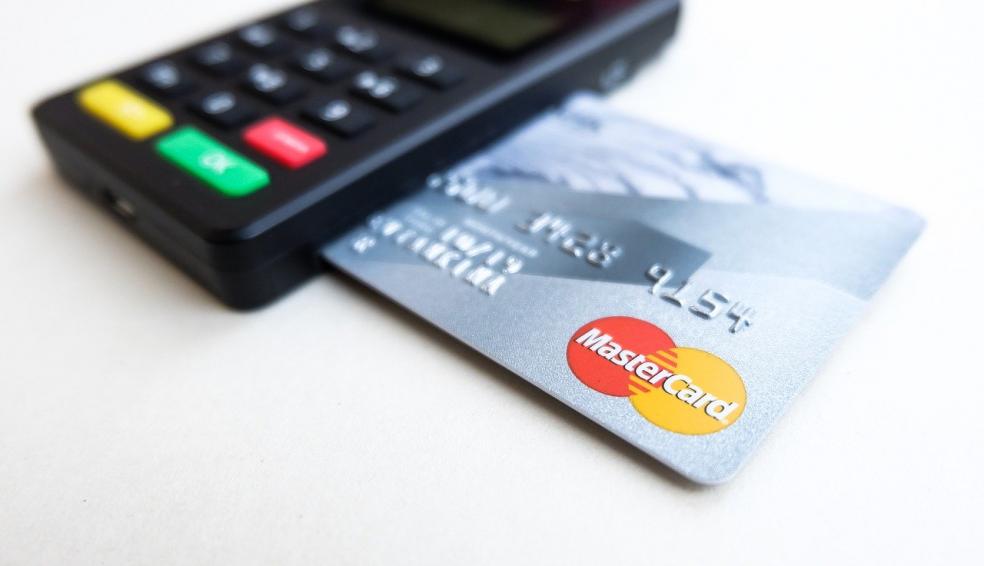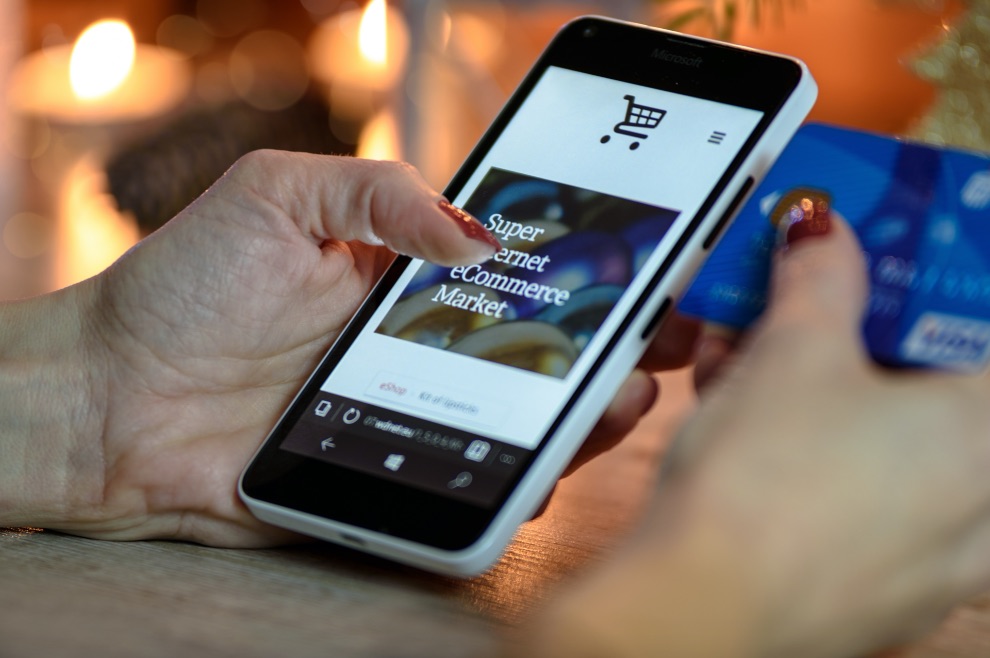
Fintech: What alternative payment methods are available in the UK?
The advent of the digital age has meant that cutting-edge technology now plays a key role in many areas of our lives, particularly when it comes to making purchases and dealing with our finances.
Digital payments and banking methods have undergone some massive developments over the past half-decade, and are still evolving at a speedy rate. Making up the core of the Fintech industry (an umbrella term covering both the innovation and technology involved in automating financial services), digital payments are fast becoming one of the most popular ways to send and receive money with consumers across the world.
Advancements like mobile commerce and contactless payments are changing the ways in which we shop and interact with digital devices, but in this increasingly saturated market, it can be difficult to know how to get started. Should you sign up for a digital wallet, or would a digital bank account be the best option? What about Apple or Google Pay, are mobile payments really as convenient as they seem? Although the answers will depend on your own unique circumstances, here’s a summary of the most popular and reputable Fintech options that are currently available to UK residents.
Digital Wallets
Digital or eWallets are probably the most recognised fintech payment methods, having really become mainstream thanks to global platforms like PayPal. eWallets have consistently been used by consumers in major markets like Europe and the US for some time now, who use these P2P methods to purchase products and services from online businesses and companies with ease, as well as sending and receiving money from personal connections.
eWallets like Neteller are also a great option to choose for online transactions and online gaming. Gamers playing everything from casino games online to freemium mobile games are choosing to do so with eWallets: a recent survey conducted by Skrill into gamers' purchasing habits discovered that online payment methods were the second most popular after traditional credit cards.
Mobile Wallets

The “on the go” versions of eWallets, mobile wallets have experienced a surge in adoption so far during 2020 – in Italy alone, mobile transactions have increased by as much as 81% since February. Mobile wallets that are downloadable as apps are developing a reputation for offering smooth and seamless processes, and they can even offer additional levels of security when compared to traditional digital wallets.
Like eWallets, mobile wallets can be used to store credit and debit card information, be linked to other virtual payment methods, and store additional financial tokens like gift cards, bonus cards, coupons, etc.
In terms of making payments, mobile wallets are available as apps for both NFC (Near-Field Communication) and Non-NFC enabled devices. Google Pay, which is now an automatic feature on the latest Android devices, utilises NFC technology to make payments. Instead of sharing consumers’ card details directly with merchants, Google Pay instead partners with Bancorp to use a virtual prepaid card to make the payment. Non-NFC apps like Square Payments, on the other hand, allow users to pay with their mobile devices over Wi-Fi. Meanwhile, LevelUp incorporates QR (Quick Response) codes to allow users to make in-store purchases.
Cryptocurrency
Perhaps one of the most controversial alternative payment methods currently in use, cryptocurrencies like Bitcoin and Ethereum are nevertheless a wellspring of innovation. Having experienced a surge in growth throughout the last decade, Bitcoin particularly is leading the way when it comes to being a consumer-friendly decentralised currency.
Being completely free of Fiat currency restrictions means that cryptocurrencies offer plenty of flexibility and versatility as payment options, as well as being transparent thanks to their decentralised nature. Additional layers of security for the blockchain network are also currently in development, with the lighting network promising to add a layer-2 protocol that will also make transactions faster and cheaper.
Digital Banking Apps
Infinitely cool and high-tech, digital banking apps like Monzo, Revolut, and Atom Bank are one of the latest fintech innovations to hit the UK market, and they’re proving to be popular with a wide range of consumers thanks to their simplicity and efficacy.
Virtual banks may still be in their early stages, but they already provide some distinct advantages when compared to traditional banks; quick onboarding, increased levels of personalisation and automation, 24/7 banking, and standout features like mobile cheque deposits and biometric security are just some of the incentives of digital banking.












